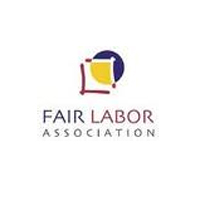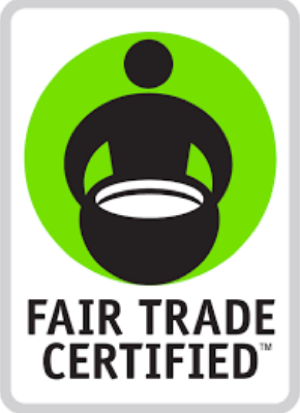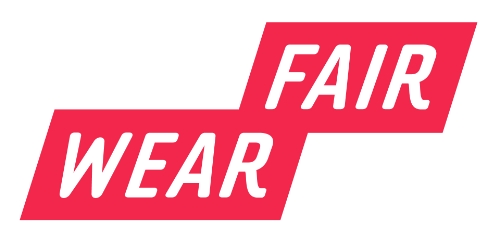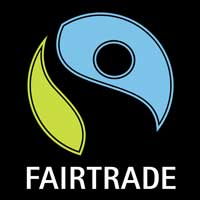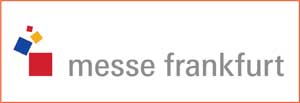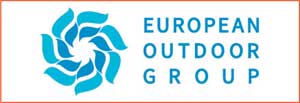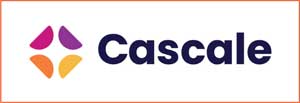The Waste Framework Directive sets the basic concepts and definitions related to waste management, including definitions of waste, recycling, and recovery. Preventing waste is the preferred option, and sending waste to landfill should be the last resort.
In July 2023, and in line with The European Green Deal and the Circular Economy Action Plan, the EU proposed a new proposal for a targeted revision of the Waste Framework Directive aimed at textiles and food.
The European Union’s Thematic Strategy on Prevention and the Recycling of Waste is a long-term strategy which aims to help Europe become a recycling society that avoids waste and uses any unavoidable waste as a resource.
Established in 1999, the US-based Fair Labor Association (FLA) is a collaborative effort of socially responsible companies, universities, governments, labour rights groups and NGOs aiming to improve working conditions in factories around the world.
When a product is ‘Fair Trade Certified’ it has demonstrated that it meets rigorous social, environmental and economic standards outlined by the initiative’s organisers. For this, it uses an Impact Management System (IMS), which assists with defining, measuring and communicating the impact of the model.
The Fair Wear Foundation (FWF) is a Netherlands-based NGO, which works with companies in the textile industry to improve labour conditions and examines how brands are performing against FWF’s Code of Labour Practices, which includes scores on criteria purchasing practices, monitoring and remediation and complaints handling.
Fairtrade Labelling Organisations International (FLO), also known as Fairtrade International, is a non-profit multi-stakeholder organisation which develops and reviews Fairtrade standards and provides support to Fairtrade certified producers.



